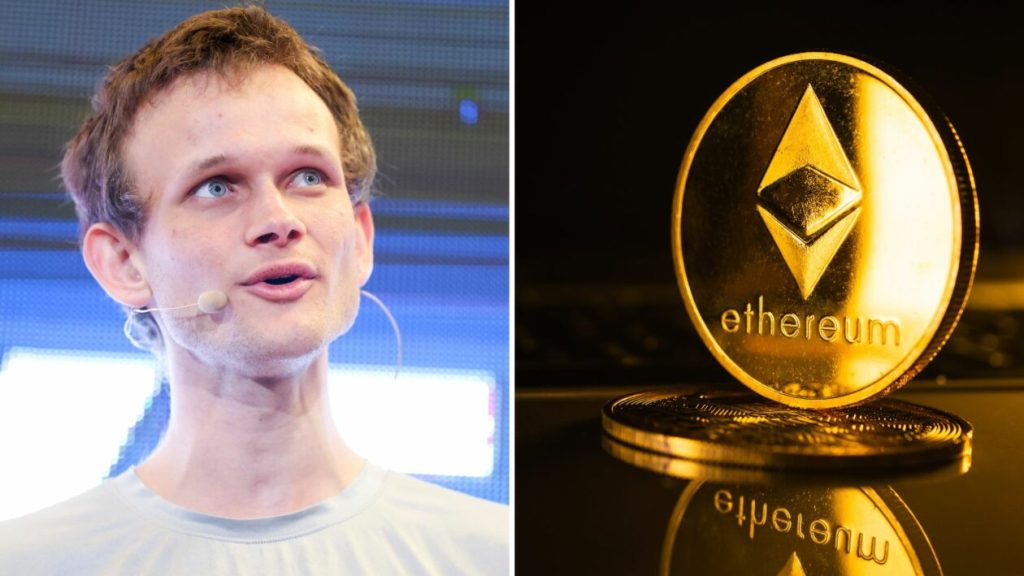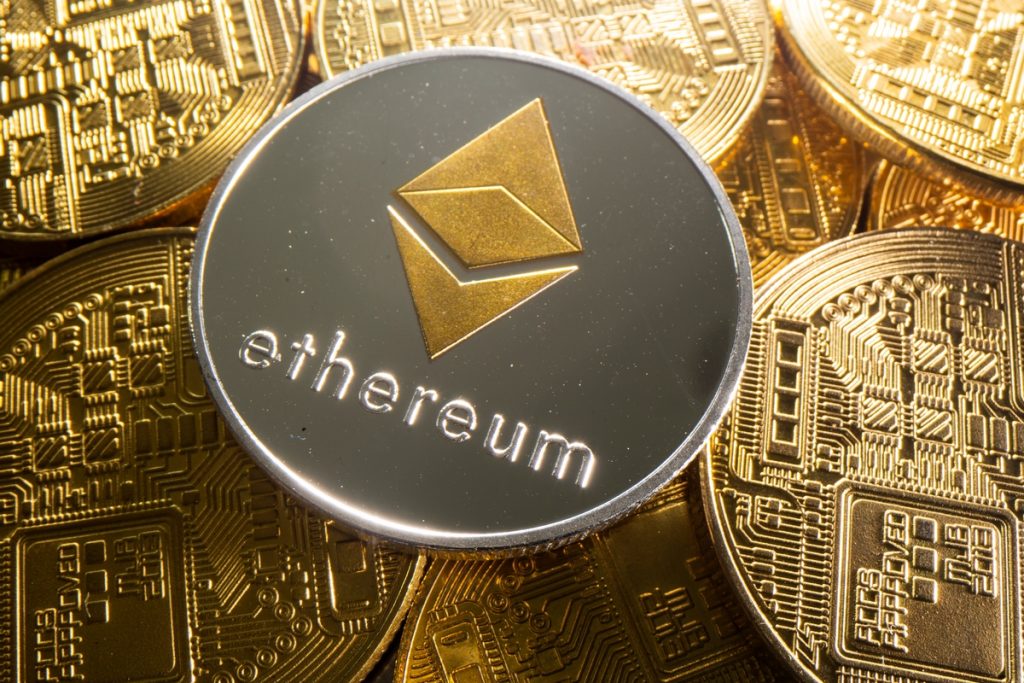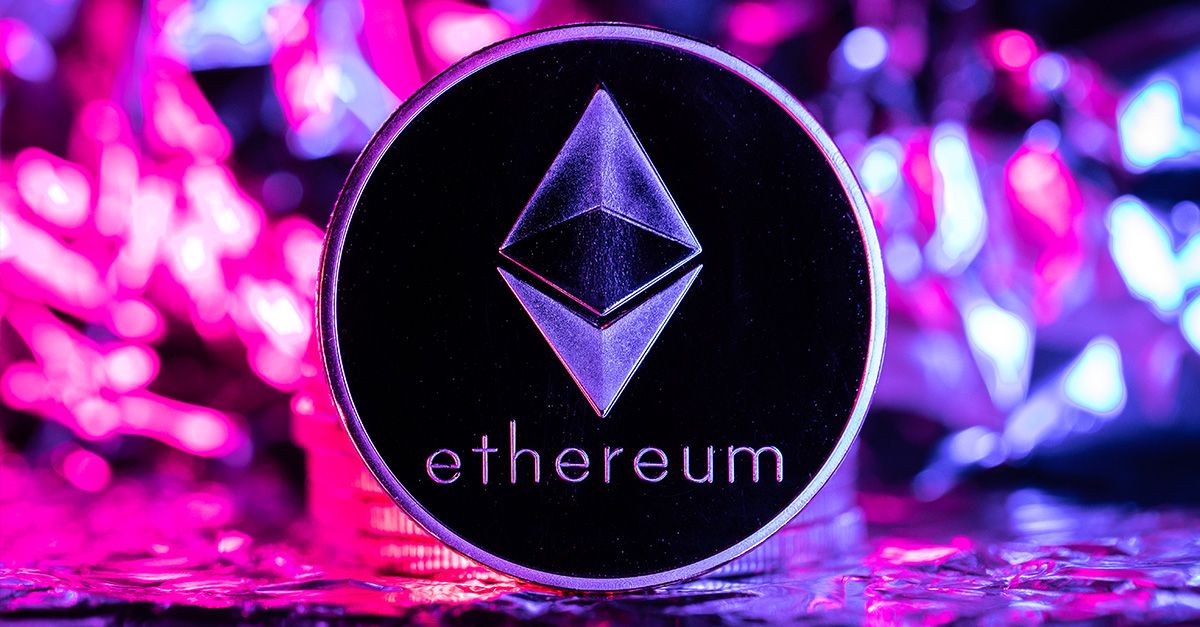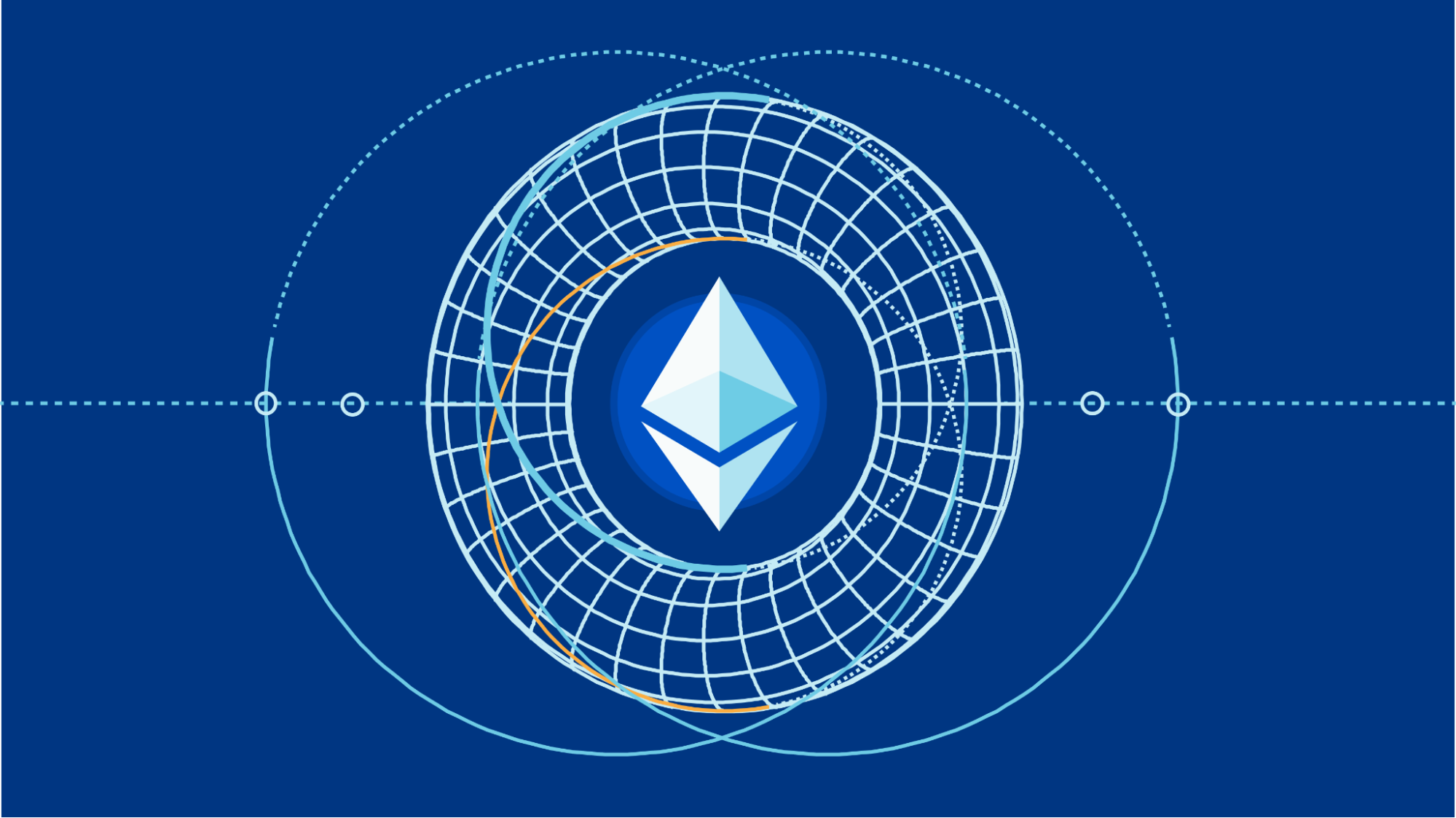Ethereum, the groundbreaking blockchain platform, has undergone several significant upgrades throughout its journey, each carrying its own set of improvements and innovations. These upgrades, including Constantinople, Istanbul, and Berlin, have played pivotal roles in enhancing the platform’s functionality, scalability, and security. In this article, we’ll delve into the details of these upgrades and explore how they have shaped Ethereum’s evolution.
Constantinople: The First Major Upgrade

Constantinople marked Ethereum’s initial significant upgrade, bringing essential improvements to the network’s performance and efficiency. Introduced in February 2019, this upgrade implemented several Ethereum Improvement Proposals (EIPs) that focused on optimizing gas costs, improving smart contract functionality, and laying the foundation for future upgrades.
Among the notable EIPs introduced in Constantinople were:
- EIP 145: Bitwise Shifting Instructions, optimizing contract execution.
- EIP 1283: Net Gas Metering for SSTORE Operations, reducing gas costs.
- EIP 1014: Skinny CREATE2, enhancing contract interactions.
- EIP 1052: EXTCODEHASH Opcode, improving efficiency.
Istanbul: Expanding Horizons
Building on Constantinople’s groundwork, the Istanbul upgrade, deployed in December 2019, introduced additional EIPs to foster greater scalability and interoperability within the Ethereum ecosystem. This upgrade aimed to enhance network efficiency, making it more robust for future adoption.
Istanbul brought forth key improvements like:
- EIP 152: Blake2 F compression function, boosting network security.
- EIP 1108: Reduce alt_bn128 precompile gas costs, optimizing costs.
- EIP 1344: ChainID opcode, improving network interoperability.
Berlin: Navigating Efficiency
Berlin, rolled out in April 2021, continued Ethereum’s trajectory of optimizing its performance and security. This upgrade implemented EIPs that aimed to refine gas costs, streamline operations, and enhance the overall developer experience.
Berlin introduced crucial EIPs, including:
- EIP 2565: ModExp Gas Cost, improving gas calculations.
- EIP 2929: Gas cost increases for state access opcodes, enhancing security.
- EIP 2930: Optional access lists, reducing gas costs for certain operations.
Beyond Berlin: Future Upgrades

Ethereum’s journey doesn’t end with Berlin. The platform is gearing up for Ethereum 2.0, a monumental shift from Proof of Work (PoW) to Proof of Stake (PoS). This transition aims to tackle scalability issues and enhance network security, ultimately leading to a more sustainable and efficient ecosystem. The upgrades have brought substantial benefits to both developers and users within the Ethereum community.
The optimizations introduced by these upgrades have simplified the process of developing and deploying smart contracts. This has encouraged more developers to contribute to the ecosystem, fostering innovation and diversity. With reduced gas costs and improved network efficiency, users experience faster and more cost-effective transactions. This enhances the overall usability of Ethereum-based applications and services.
Ethereum’s upgrades have not only enhanced security measures but also addressed scalability concerns. By optimizing gas costs and introducing mechanisms like access lists, the upgrades have alleviated network congestion, ensuring smoother and faster transactions. The implementation of EIPs that focus on security, such as the gas cost increases for state access opcodes, has bolstered the platform’s resilience against potential vulnerabilities.
One of Ethereum’s strengths lies in its robust community collaboration and decentralized governance model. Ethereum’s upgrade decisions are made through community consensus, involving stakeholders and developers. This decentralized approach ensures that upgrades are aligned with the community’s best interests.




Leave a Reply